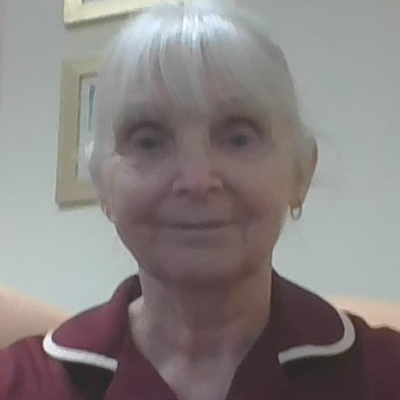Lynn Cornish

Lynn is Tissue Viability Lead at St. Margaret’s Hospice, where she has worked for almost 21 years.
She graduated with a BSc Hons Health & Social Care in 2011, and then chose tissue viability as her specialism graduating from Cardiff University with an MSc Wound Healing & Tissue Repair in 2018. Lynn cares for palliative patients both on the in-patient unit, and in the community, covering Somerset.
Her passions include managing malignant wounds in palliative patients, pressure ulcers prevention, improving her patients’ quality of life, the provision of education and research.
Presentation at The SoTV/EWMA 2024 Conference, London
Managing malignant wounds
Learning objectives
After attending this session, persons will be able to:
- Have a greater understanding of the impact that malignant wounds have on individuals
- Understand methods used to manage symptoms both physical and psychosocial
- Apply knowledge gained to practice with enhanced confidence
Abstract
Malignant wounds are a complication of cancer and usually develop in patients with advanced disease. Defined as infiltration of the tumour or the metastasis into the skin, and may involve blood and lymph vessels and develop anywhere on the body. The effect that these wounds have on patients, their families and healthcare professionals should never be underestimated.
There is a paucity of high quality research into the management of these wounds, and the impact they have on quality of life.
Research states that the most frequent sites for malignant wounds are the breast (49%), neck (21%), chest (18%), extremeties/genitals (17%), head (13%) and other areas (2%).
Physical symptoms associated with malignant wounds include pain, bleeding, exudate, malodour and pruritus. Patients may also experience various distressing psychosocial symptoms, which include guilt, embarrassment, disgust, depression and social isolation. The combined physical and psychosocial symptoms have a significant impact on quality of life for all those living with a malignant wound.
Malignant wounds do not generally heal, and emphasis must be placed on optimizing comfort, dignity, and wellbeing through symptom control. Malignant wounds may also impact on the clinician’s ability to reposition patients, as the site of the wound can restrict positional choices available to them, thus increasing the risk of pressure damage.
Nurses may find it difficult both physically and emotionally to manage malignant wounds, and require education, support, appropriate resources, and clear guidelines to help them best manage these challenging wounds.














